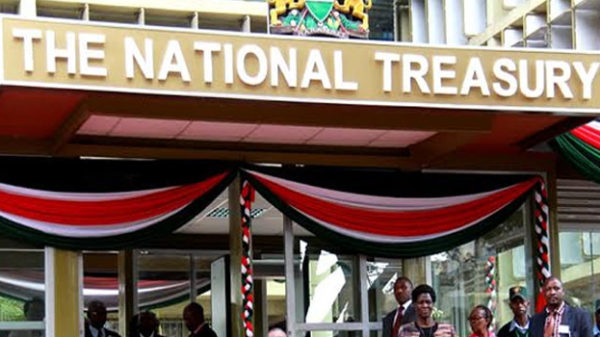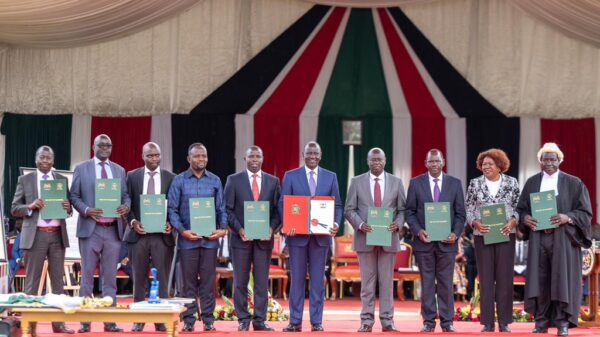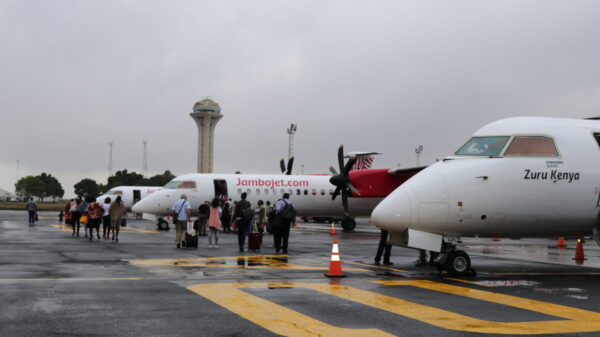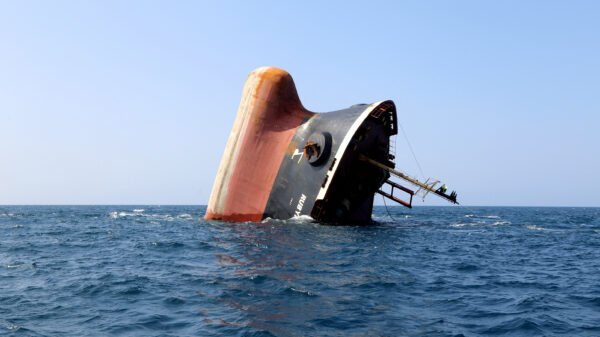NAIROBI, Kenya, Jan 21 – Kenyan Women in Kitui, West Pokot, and Laikipia Counties are set to benefit from an Sh500 million project which seeks to economically empower women through Climate-Smart Agriculture in Arid and Semi-Arid Lands (ASAL).
The three Counties will act as the pilot Counties for the project as the United Nations Women Organization, Food, and Agriculture Organization (FAO) in partnership with the Korean government.
FAO’s Country Director Carla Mucavi pointed out that the project is meant to ensure that 75 percent of women who engage in agricultural activities are sensitized on adaptability to climate change, which has a direct impact on food security.
“Women’s economic empowerment is central to achieving gender equality. It is therefore paramount that, in a country where women feature so heavily in the agriculture sector, related programmes support women. Women are disproportionately affected by overlapping challenges of poverty and food insecurity caused by floods, droughts, locusts and now COVID. Incorporating climate-smart approaches will contribute to building women’s resilience, self-reliance, and economic security,” Mucavi said.
Ambassador of the Republic of Korea to Kenya Choi Yeonghan said the project which is funded by the Korea International Cooperation Agency, will ensure livelihoods are protected as food security is essential in the development of any country.
“It is also necessary to highlight gender inequality when it come s to ownership of land. Women and girls are exposed to agricultural markets if they have access to land. The agriculture sector is fundamental in protecting the poor by ensuring that there is guaranteed food security,” he said.
Agricultural production remains the main source of income for most rural communities, and the increased risk of crop and livestock production failure, associated with increased frequency of extreme climate events, poses a major threat to food security and poverty reduction.
Adaptation of the agricultural sector to the adverse effects of climate change is thus an important priority, to protect and improve the livelihoods of the poor and to ensure food security.
With little resilience to climatic changes, economic and social shocks, smallholder farmers in ASAL counties have become extremely vulnerable to food insecurity. In addition to that, climate change increases the uncertainty as most of the households are unaware of the fast-changing environment.
Public Service, Youth and Gender Affairs Cabinet Secretary Margaret Kobia lauded the United Nations, FAO, and the Korean government for partnering together to roll out the empowerment project which will run for 4 years saying it will contribute to the achievement of the Big Four Agenda.
“We all know that empowering women economically translates to empowering a whole community because when women are empowered, their children go to school, they access better healthcare services and we know education is the ladder that makes people mover from a low quality of life to a higher one,” Kobia said.
The project seeks to promote an approach to agricultural transformation in a changing climate in Kenya’s ASAL regions that ensures gender-sensitive responses to climate change and to resilience building.
Within the four-year period, the project will increase the technical know-how of farmers in those counties to approach, unlock market-driven value-chains for women and improve their capacity to participate in productive land and water management, as well as increase the number of women in agribusiness’ access to finance.
Other ASAL counties include Kwale, Kilifi, Tana River, Lamu, Taita Taveta, Garissa, Wajir, Mandera, Marsabit, Isiolo, Machakos, Makueni, Turkana, Samburu, Elgeyo Marakwet, Baringo, Narok, Kajiado, Nyeri, Tharaka Nithi, Meru, Embu, Migori, Homa Bay, Nakuru, and Kiambu. The Food and Agriculture Organization is working in collaboration with UN Women in this project as a strategic partnership to realize the UN’s Sustainable Development Goals (SDGs) that focus on gender equality (SDG 5), zero hunger (SDG 2), no poverty (SDG 1) and climate action (SDG 13) among many other national, regional and global goals.












































